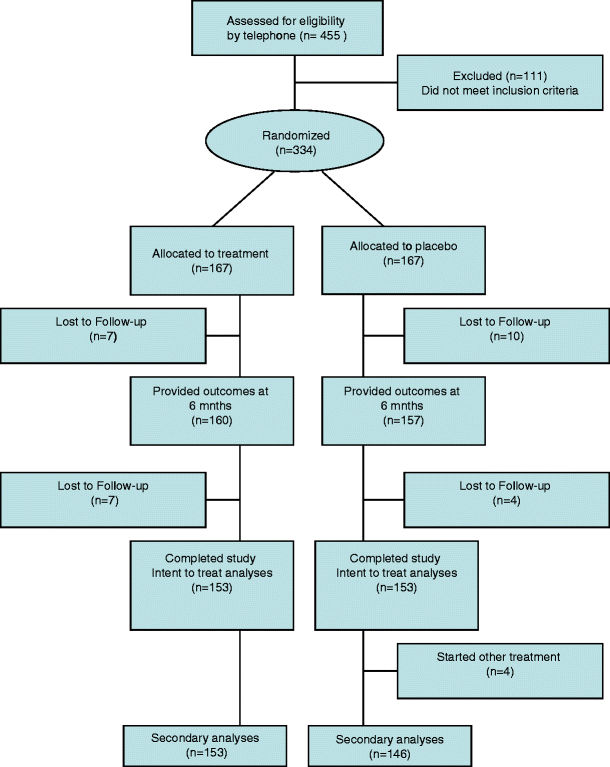

Vitamin K promotes calcium accumulation in your bones, while reducing its accumulation in soft tissues such as blood vessels. One of vitamin D’s main functions is to ensure adequate levels of calcium in your blood. Reduces calcification of soft tissues: Vitamin K activates matrix GLA protein, which prevents calcium from accumulating in soft tissues, such as the kidneys and blood vessels ( 5, 6).Īt this point, few controlled human studies have investigated the effects of vitamin K supplements on blood vessel calcification, but more studies are under way ( 7, 8, 9).īlood vessel calcification is implicated in the development of chronic diseases, such as heart and kidney disease ( 10, 11, 12).Promotes calcification of bone: Vitamin K activates osteocalcin, a protein that promotes the accumulation of calcium in your bones and teeth ( 4).

Vitamin K regulates calcium in your body in at least two ways: However, vitamin D does not fully control where the calcium in your body ends up. As mentioned above, vitamin D ensures that your blood levels of calcium are high enough to meet your body’s demands.


 0 kommentar(er)
0 kommentar(er)
